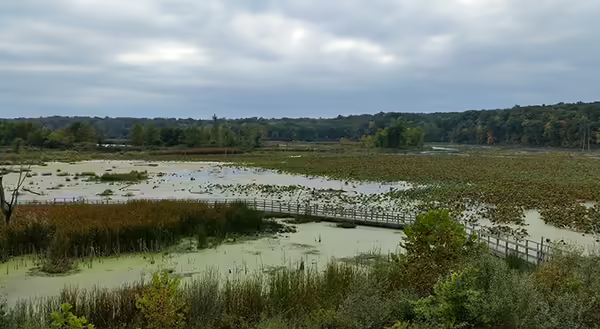
This past month, the supreme court overturned Chevron v. Natural Resources Defense Council (NRDC) (1984) with the recent Loper Bright V. Raimondo (2024) decision. Chevron v. NRDC, also known as the Chevron deference, granted federal agencies leniency in interpreting ambiguous laws based on the idea that the employees of agencies are experts in their field, compared to those that passed the law in congress. As a direct result of the 1984 decision, the EPA was allowed to interpret unclear language in the clean water act and proceed as the agency saw fit. The Chevron deference was relied upon by many government agencies to fill in the gaps of policy and make decisions or take actions that affect the public. Additionally, interpretations within agencies were often altered depending on changes between administrations, leading to inconsistent execution of the laws. As of June 28th, the supreme court ruled that federal agencies, such as the EPA or USDA, can be taken to court over questionable policy interpretations, resulting in a ruling by the court on the interpretation from any ambiguous language in the policy. The court ruling will then be the official interpretation of the law, which the government agency must follow.
The result of this decision may impact government agencies in their short and long-term regulation of pesticides. The Clean Water Act, Endangered Species Act, and Wetlands Determinations (USDA) are among the policies the Chevron deference was used to validate unique interpretations and subsequent action. These policies have been used to enforce regulations placed on pesticides used near bodies of water and protected habitats, as well as determining what constitutes a body of water or habitat where these restrictions apply.
While it is unclear how these policies are going to be altered, it is likely that cases will be brought against agencies like the EPA and USDA to dispute current pesticide restrictions. The EPA and USDA are among many federal agencies that face considerable internal review, and it will be a slow process to determine the differences between written law and agency interpretation. This may result in an increase in laws and addendums presented to congress to establish clarity in ambiguous language, depending on the results of future court decisions. Once interpretations of the laws are better established, it is likely that there will be more consistency within the EPA, which will lead to less influence from presidential administrations.
ABOUT THE AUTHOR: John Schepis provides subject matter expertise and training in pesticide safety with an emphasis on entomology.